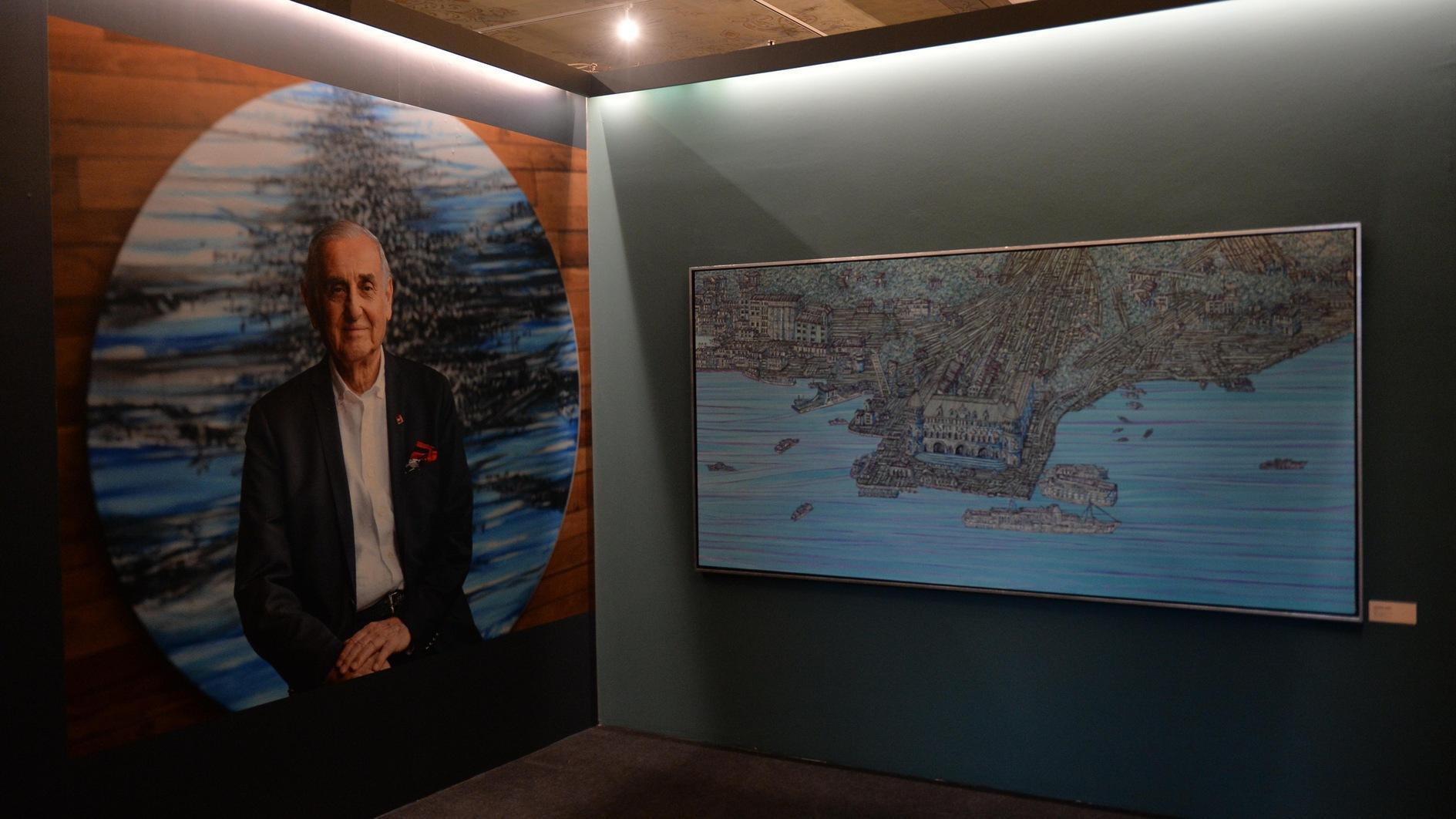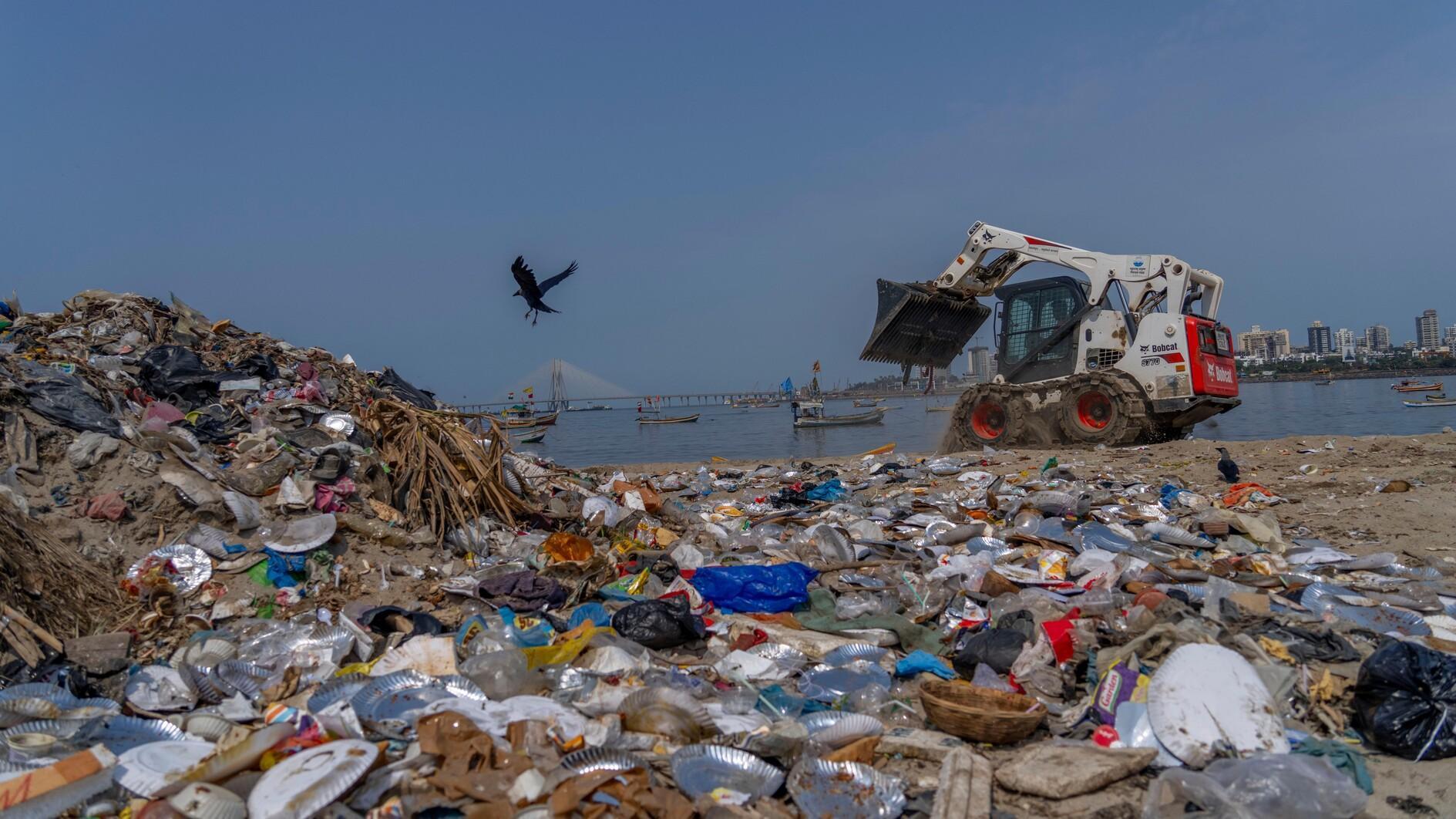Turkey’s judiciary must be independent and impartial
It is not enough for courts to be independent and impartial, it is also necessary for the public to believe they actually are.
That is why no one can “give orders and instructions to the judiciary,” but can only voice their criticisms of the judiciary. Bodies such as Turkey’s Board of Judges and Prosecutors (HSK), which is responsible for the appointment of judges and prosecutors, must always be definitively guarded from political pressure.
However, in Turkey, amendments of the respective law back in 2014 decriminalized “giving orders and instructions to judges and prosecutors during the interrogation stage.”
Members of the HSK are appointed by politicians. In these circumstances, judges and prosecutors might still be “independent and impartial” in conscience, but public trust in the judiciary has become seriously undermined.
Why were the judges appointed?
Sadık Özkan, head of the second chamber of the Court of Appeals, and chamber member Hülya Köşüm were removed from the case of Enis Berberoğlu, who was accused of “spying,” after they ruled that his sentence was unjust. They were appointed to another court located on another floor of the Court of Appeals building.
When did this happen? On Dec. 29, 2017, just two days before they were set to make a decision regarding the appeal against Berberoğlu’s arrest!
Was this a “regular” reassignment? No, because a state of emergency decree law regarding judicial appointments was issued on Dec. 25, 2017 and the decree did not include the names of those two judges!
Why did the HSK remove those two judges from the case two days before the crucial court hearing?
There is more. Zafer Yarar and Şenol Demir, the department heads of the Court of Appeals in Gaziantep and Antalya respectively, were dismissed for no apparent reason after they ruled that “Bylock alone does not constitute evidence of guilt, other evidence is required.” Months later, it emerged that their decision was right.
In another case, Aytaç Ballı, the chief judge who had overseen the Soma massacre case from the start of the trial, and judge Esra Okur, a member of the tribunal, were removed from that case just before they could make any ruling. They were the only two judges in the country who know all the details about the case.
A state of law
The HSK must explain to the public the reasons behind these unusual appointments. Nothing unfavorable could be said about the judges who replaced the previous judges. What is puzzling is how the HSK took action right before the decisions in those cases could be announced.
One wonders whether there was any similar influence on the courts that are handling the Şahin Alpay and Mehmet Altan cases, which recently opted to ignore a Constitutional Court ruling that their rights had had violated.
Until now, all local courts complied with Constitutional Court rulings regarding “rights violations,” which in effect means “release from prison.” Some courts may have grumbled about these rulings but in the end they always complied. Now, we have seen all of the criminal courts in the Alpay and Altan cases deciding not to comply with the Constitutional Court’s rulings.
Jurists in Turkey, which was already having problems regarding the rule of law, now faces a huge problem: Should the Constitutional Court’s rulings be complied with or not?
It is up to us
What will happen if the court decisions that did not comply with the rulings of the Constitutional Court are challenged by the Constitutional Court itself?
And what if those cases are brought to the European Court of Human Rights (ECHR) on the grounds that “noncompliance with the Constitutional Court rulings violates rights?”
It is obvious how the ECHR would rule. It would rule that rights are “violated.” Would not such a ruling by the ECHR cast further doubt over Turkey’s reputation as a state of law?
Would Turkey sound convincing when it says “We are a state of law” when it comes to issues related to politics, diplomacy and the extradition of wanted suspects?
We are only harming ourselves. In order to gain respect in foreign affairs and credibility in the fight against terrorism and the extradition of criminals, Turkey’s biggest trump card is an independent and impartial judiciary.











